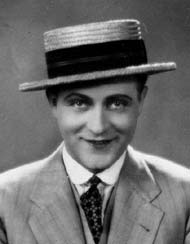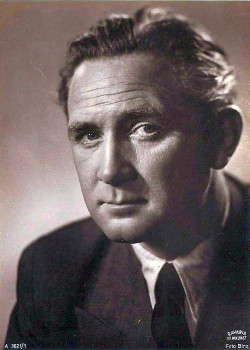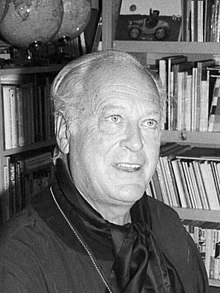
Otto Wilhelm Fischer was an Austrian film and theatre actor, a leading man of West German cinema during the Wirtschaftswunder era of the 1950s and 1960s.

Helmut Käutner was a German film director active mainly in the 1940s and 1950s. He entered the film industry at the end of the Weimar Republic and released his first films as a director in Nazi Germany. Käutner is relatively unknown outside of Germany, although he is considered one of the best filmmakers in German film history. He was one of the most influential film directors of German post-war cinema and became known for his sophisticated literary adaptations.

Erik Ode was a German director and actor who was most famous for playing Kommissar Herbert Keller in the German television drama Der Kommissar. He married actress Hilde Volk in 1942. Many years later they co-starred together in the TV series Sun, Wine and Hard Nuts.

Éva Márta Szőke Ivanovics, known professionally as Eva Bartok, was a Hungarian-British actress. She began acting in films in 1950, and her last credited appearance was in 1966. She acted in more than 40 American, British, German, Hungarian, French, and Israeli films. She is best known for appearances in Blood and Black Lace, The Crimson Pirate, Operation Amsterdam, and Ten Thousand Bedrooms.

Willy Fritsch was a German theater and film actor, a popular leading man and character actor from the silent-film era to the early 1960s.
Paul Victor Ernst Dahlke was a German stage and film actor.
Reinhard Kolldehoff was a German film actor. He appeared in 140 films between 1941 and 1988. He was born and died in Berlin, Germany.

Karl Friedrich Anton Hermann "Charles" Régnier was a German actor, director and translator. He appeared in more than 135 films between 1949 and 2000. In the 1950s and the 1960s, he was one of the busiest German theatre and film actors.
Hans Albert Nielsen was a German film actor. He appeared in more than 130 films between 1937 and 1965.

Harry Meyen was a German film actor. He appeared in more than 40 films and television productions between 1948 and 1975. In the 1960s he also worked as a theatre director in West Germany.
Kurt Waitzmann was a German film actor. He appeared in more than 50 films between 1937 and 1969.

Gustav Knuth was a German film actor. He appeared in more than 120 films between 1935 and 1982 and starred in the TV series Alle meine Tiere. He was married to the actress Elisabeth Lennartz.

Géza von Radványi was a Hungarian film director, cinematographer, producer and writer.

Claus Biederstaedt was a German actor. He studied in Hamburg and began his career working with Joseph Offenbach. Among the actors for whom he dubbed were Yves Montand, Peter Falk, Marlon Brando, Vittorio Gassman, and James Garner.

Paul Hörbiger was an Austrian theatre and film actor.

Hans Leibelt was a German film actor.
Franz-Otto Krüger was a German film and television actor. Krüger already started his acting at Berlin theatres in 1934, but his career was interrupted by his service in the Second World War. He appeared in over 125 film and television productions between 1947 and 1987, mostly in supporting roles. One of his first films was Roberto Rossellini's neorealist classic Germany, Year Zero.

Gunnar Möller was a German television and film actor. He appeared in over 160 film and television productions between 1940 and 2016. He was most successful as a leading man in German cinema of the 1950s, especially with his role in I Often Think of Piroschka (1955) with Liselotte Pulver. He later turned to character roles and worked for a number of years in England, including the supporting role of Hans van Broecken in World War II drama series Secret Army.

Wolfgang Neuss was a German actor and Kabarett artist. Wolfgang Neuss and Wolfgang Müller (1922–1960) were a popular double act. Beginning in the mid-1960s, Neuss also became famous for his political engagement, first for the SPD, then for the extra-parliamentary opposition, APO. He died in 1989 from a longtime cancer.
Hans-Martin Majewski was a German composer of film scores.















